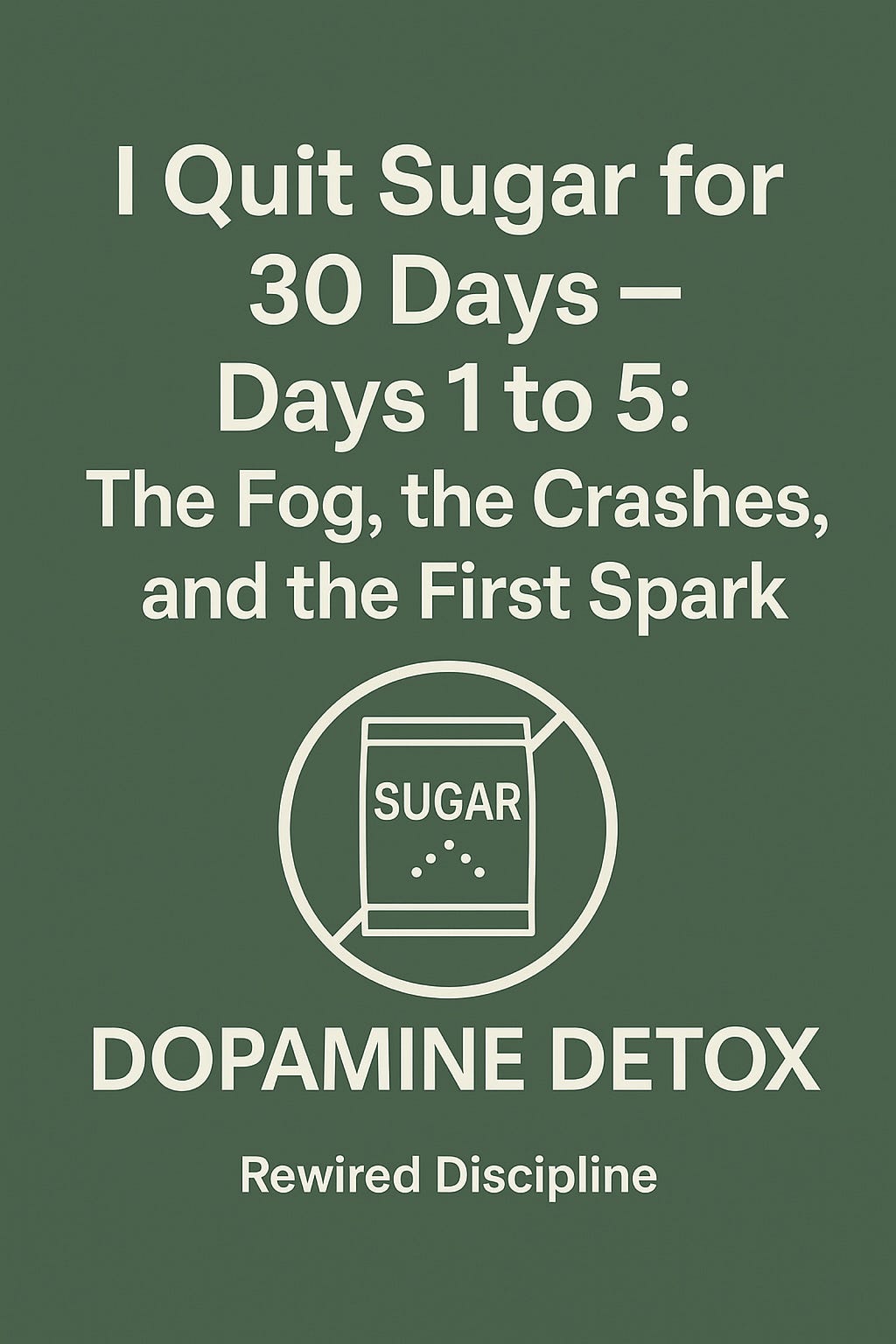Medium
2w
78

Image Credit: Medium
I Quit Sugar for 30 Days – Days 1 to 5: The Fog, the Crashes, and the First Spark
- A person decided to quit sugar for 30 days after realizing their addiction to it while studying neurotransmitters like dopamine in class.
- Dopamine plays a key role in motivation, focus, habits, and the brain's reward system, influencing activities that spike dopamine like junk food and social media.
- The individual set rules including no social media, refined sugar, processed foods, and aimed for a high-protein diet with daily exercise and water intake.
- Day 1 was challenging without social media, leading to feelings of emptiness that were countered by exercise and a protein-rich diet with minimal sugar.
- On Day 2, despite a dull start, focusing on study became easier without distractions after sticking to the routine.
- Day 3 brought mental lows and emotional flatness, making studying difficult, but determination to complete the 30-day challenge persisted.
- By Day 4, physical changes like reduced puffiness, a more defined jawline, and decreased waist size were noticed, boosting motivation to continue.
- Day 5 marked a shift with refreshed mornings, lifted mental fog, and increased motivation, indicating progress in the sugar-free journey.
Read Full Article
4 Likes
For uninterrupted reading, download the app